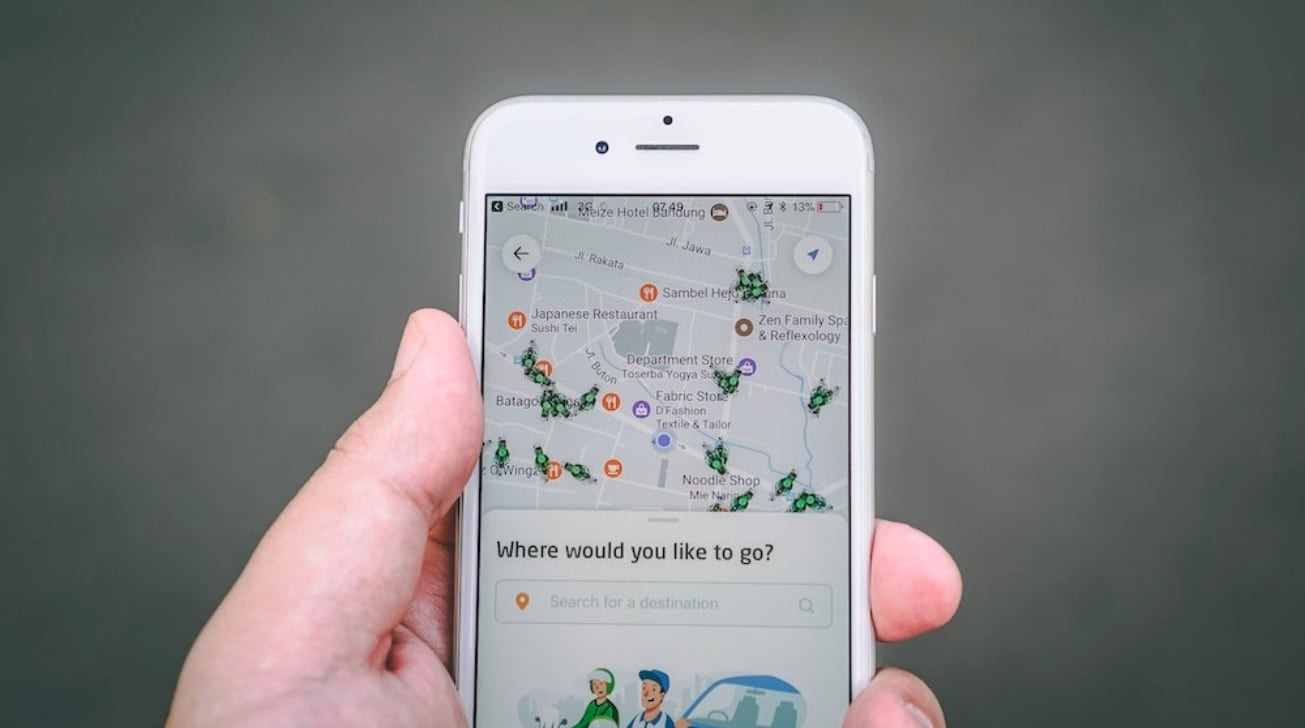The US government is allegedly attempting to track the coronavirus pandemic by taking advantage of geolocation data generated by online advertising shown on iPhones and other smartphones, intending to learn how the virus is spreading throughout the country.
On Wednesday, it was announced a collection of mobile carriers in Europe will share customer location data with the European Commission to monitor the spread of the coronavirus. On Saturday, a report surfaced suggesting a similar program is being carried out in the United States, but in a slightly different manner.
According to the Wall Street Journal, several government officials have acquired the location data for millions of smartphones and mobile devices across the country. Sources claim the federal government, Centers for Disease Control and Prevention, and state and local governments are receiving reports about the presence and movement of mobile phone users in specific areas of interest.
It is unclear if the effort is linked to a March 17 report about the US government discussing the use of location data sourced from Google and Facebook for similar efforts. In that instance, there was the suggestion of anonymized location data being handed over to map the spread of the outbreak, allowing experts to understand patterns of people's movements and to predict probable hotspots for viral activity.
Rather than being sourced from the carriers directly, as with the European program, the US version acquires its data from mobile advertising trackers. An area that Apple and privacy advocates have fought against, the tracking usually allows a marketer to determine where customers physically go to, which can allow for regionalized targeted advertising campaigns to run, as well as to monitor a campaign's effectiveness.
The data is said to be anonymized, meaning the location data will be able to show where someone travels, but not their identity. Such anonymous and aggregated data is useful in showing general trends, without revealing an individual's specific movements or motives.
It is suggested the project is aiming to collect data for as many as 500 US cities, including which retailers and public places are still being visited by large numbers of people, making them a breeding ground for virus transmission. Some researchers are already discovering areas like Brooklyn's Prospect Park that still draw crowds.
The same data may also be able to help assist in monitoring the economic impact of the pandemic, showing reduced retail visits and vehicle journeys, among other metrics.
The use of advertising-derived location tracking data has led some privacy advocates to suggest the industry was using the coronavirus to try and make the privacy infringement technology more acceptable to regular users.
Privacy researcher Wolfie Christl admits there are some advantages to using aggregated data in this way, "even if the data is being gathered secretly or illegally by companies," but warns there are still risks. "As true anonymization of location data is nearly impossible, strong legal safeguards are mandatory," Christl urges, due to the possibility of combining the data with other information to identify and track specific people.
 Malcolm Owen
Malcolm Owen







-m.jpg)






 Marko Zivkovic
Marko Zivkovic
 Christine McKee
Christine McKee
 Andrew Orr
Andrew Orr
 Andrew O'Hara
Andrew O'Hara
 William Gallagher
William Gallagher

 Mike Wuerthele
Mike Wuerthele
 Bon Adamson
Bon Adamson




-m.jpg)



26 Comments
I’ve always assumed the carriers have that data irrespective of other software location gathering so why use this rather obtuse method?
I'm not clear how this gives any virus-specific info...in which case, it just seems like another attempted excuse to be given access to our phones.
I guess just assume if they can, they will. And, I'm sure it is *all of the above* in terms of the things the article talks about (some might be legit, but they are also going to take this opportunity to expand their tracking 'rights'). But, I think most of us know this kind of things has been going on anyway.
Yeah, but this probably contains additional information besides just time/location.
They probably don't have any virus-related info, unless the anonymous aspect has been breached (which it very well may be). But, they can track traffic patterns, and especially analyze them around sites where they know an infection has taken place.